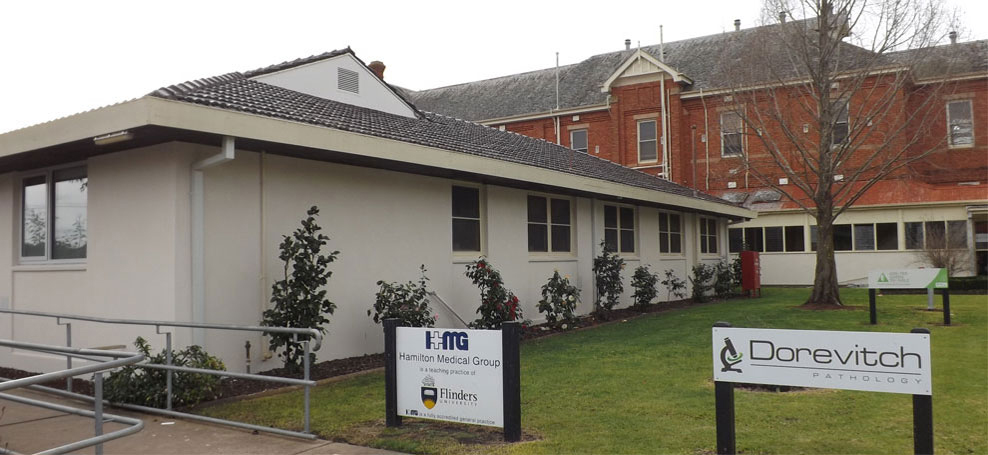
ATTRACTING and retaining doctors to regional areas is not a new problem, it has long been a reality of regional and rural living.
With more people moving to regional areas in search of a tree change, the COVID-19 pandemic, and an aging population, the strain on our healthcare system has increased.
Earlier this month, Nationals leader, Peter Walsh said Victoria’s healthcare system was in crisis, and in desperate need of an overhaul.
“In rural communities, long delays to book in to see a (General Practitioner) GP or specialist and the frequent turnover of doctors is a story that’s all too common and that’s making sick people sicker,” he said.
“When people can’t get in to see their GP, potentially serious illnesses go undiagnosed and untreated, meaning we’ll see more people coming through the public health system who are critically unwell.”
Hamilton Medical Group’s, Dr Leesa Walker said it was very difficult to find doctors that were willing to live and work rurally.
She said although Hamilton has good healthcare services, there was a chronic shortage of GPs and specialist workforce.
“We have fantastic facilities in Hamilton but having a sustainable workforce is an ongoing challenge,” she said.
“(The biggest issue) I would say (is) chronic disease (such as diabetes, cardiovascular disease) and mental health, and accessing the multidisciplinary team to care for these patients which includes GP's, specialists, nurses, and allied health.”
Deakin University’s Rural Training Stream was established to help address the chronic shortage of medical professionals in rural and regional areas by providing placement opportunities to local medical students who wish to remain in regional areas.
Each year, Hamilton Medical Group welcomes students from Flinders and Deakin Universities who have a keen interest in rural and regional healthcare.
Dr Walker said the clinic’s medical student hosting program was starting to have an impact on the rural workforce.
“We also train a number of GP Registrars (GPs in training) and work hard to keep them at the practice as long as we can,” she said.
“We have had a number of those doctors stay on and settle in Hamilton.
“One of the issues in recruiting specialists, is that often (the training opportunities are) only available in metropolitan areas, and this is occurring at a time when doctors are marrying and having families, and they naturally establish roots in the areas that they train.
“Making sure that the doctor's partner and children are well supported and have the appropriate employment and educational opportunities is vital.”
Following lockdowns and prolonged periods of isolation, the mental health of our young people has declined, with more people seeking help than before, services have been scrambling to keep up with demand and meet the needs of patients.
Dr Walker said there was now a huge need for mental health services in rural areas including Hamilton, especially in adolescent mental health.
“Many of the GP's have completed further professional development in mental health and we work closely with the local mental health teams and psychologists,” she said.
“One good thing that has come out of COVID is that telehealth is a lot more available, and this has been of assistance in managing mental health.
“We still are conducting a number of telehealth appointments but as the COVID numbers go down we do see the number of people wanting telehealth appointments decrease.”